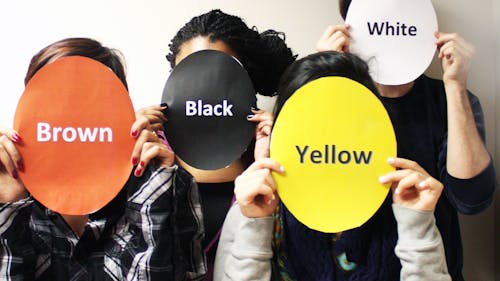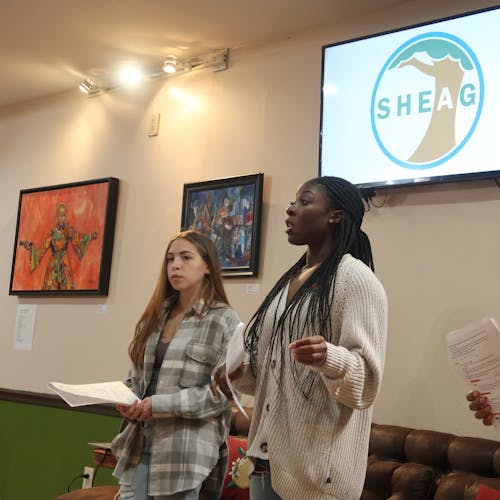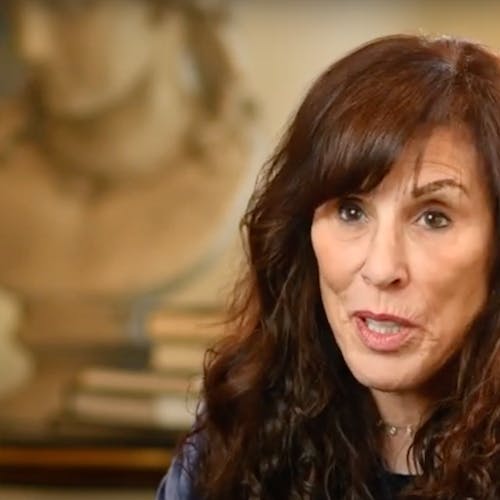Professors discuss racism, lack of social progress

More than 45 years after the African-American Civil Rights Movement came to an end, researchers at the University of California, Los Angeles are making claims that 25 percent of college first-years believe racism is a thing of the past.
In a survey of 153,015 students, UCLA’s Cooperative Institutional Research Program suggests progress has been made with eliminating racism, but not as much as one might expect.
The 25 percent figure, a slender indication of social progress, reflects a 7 percent increase from when the survey question was first asked in 1990, two years before the assault of Rodney King, which would later precipitate the 1992 Los Angeles race riots.
One possible explanation for this phenomenon is how many young people claim they are more tolerant than others, essentially putting themselves on a pedestal, said Laurie Rudman, a professor in the Department of Psychology at Rutgers.
Rudman, a professor of social psychology, said the pervasiveness of a “bias blind spot” in every individual’s psyche leads them to believe they are more accepting of diversity than most of their peers.
“Students claim that they’re more tolerant than other people,” she said. “It’s not just with racism, but with any bias [people might] say ‘Oh that’s not me, but everybody else does that.'"
As a result of this, the overt racism prevalent during the Civil Rights Movement has been replaced with a pernicious “underground” racism that self-deludes an individual’s psyche, Rudman said.
Drawing parallels between racism and sexism, she said most people today would not exercise practices of explicit racism for fear of being socially ostracized, but instead maintain a subconscious, more implicit bias.
“It’s the same with any of the ‘-isms’ that have gone underground,” Rudman said. “We don’t even ask people ‘Are you racist?’ anymore.”
Another contribution to the lack of progress of the front of eliminating racism is its institutionalization in the United States Constitution, said Paul Hirschfield, an associate professor in the Department of Sociology.
One of the main reasons why racism went underground is because the Civil Rights Movement rendered overt racist views socially unacceptable and overt racist practices illegal, Hirschfield said.
Due to recent stop-and-frisk and voter fraud practices targeted at minorities, Hirschfield said he is hesitant to use the term 'implicit' when describing the less obvious form of racism, preferring the term “institutionalized.”
Among other examples, he said discrimination written into law facilitates racist practices that result in such patterns as blacks being arrested for marijuana possession at nearly four times the rate of whites, even though use is nearly equal in both races.
“I believe that institutionalized racism is extremely dangerous because there is no conscious racist actor to expose and sanction,” Hirschfeld said. “A majority of U.S. Supreme Court judges … still apparently believe that conscious discrimination by race is necessary to violate equal protections under the law.”
It is unusual how “racism-denial” peaked last year with the incoming Class of 2018, considering how highly publicized the deaths of Trayvon Martin, Eric Garner and Michael Brown were, he said.
Although implicit racism is more difficult to overcome, Hirschfield said the Obama Administration has been taking the lead by trying to force school districts to stop differential suspensions and arrests by race, as well as disparities in use of force.
“It is indeed harder to challenge, because of our antiquated association of racism with explicit bias,” he said. “All of us should … educate journalists, politicians and our friends and families about how subtle and institutionalized forms of racism operate in America.”
Implicit biases or racism are a byproduct of the culture we live in, and nobody has the capability to transcend beyond the culture of their society, Rudman said.
Considering how all psychological research evidence goes against the idea that doing so is possible, she said the only way to remedy implicit bias is to acknowledge it and try to address its presence in everyone's daily routine.
“The best thing you can do is understand [that] you have these biases and then you can try to counteract them,” Rudman said. “You need to know you have the disease before you can work on it.”
Dan Corey is a Rutgers Business School first-year student majoring in pre-business and journalism and media studies. He is an Associate News Editor for The Daily Targum. Follow him on Twitter @_dancorey for more stories.



